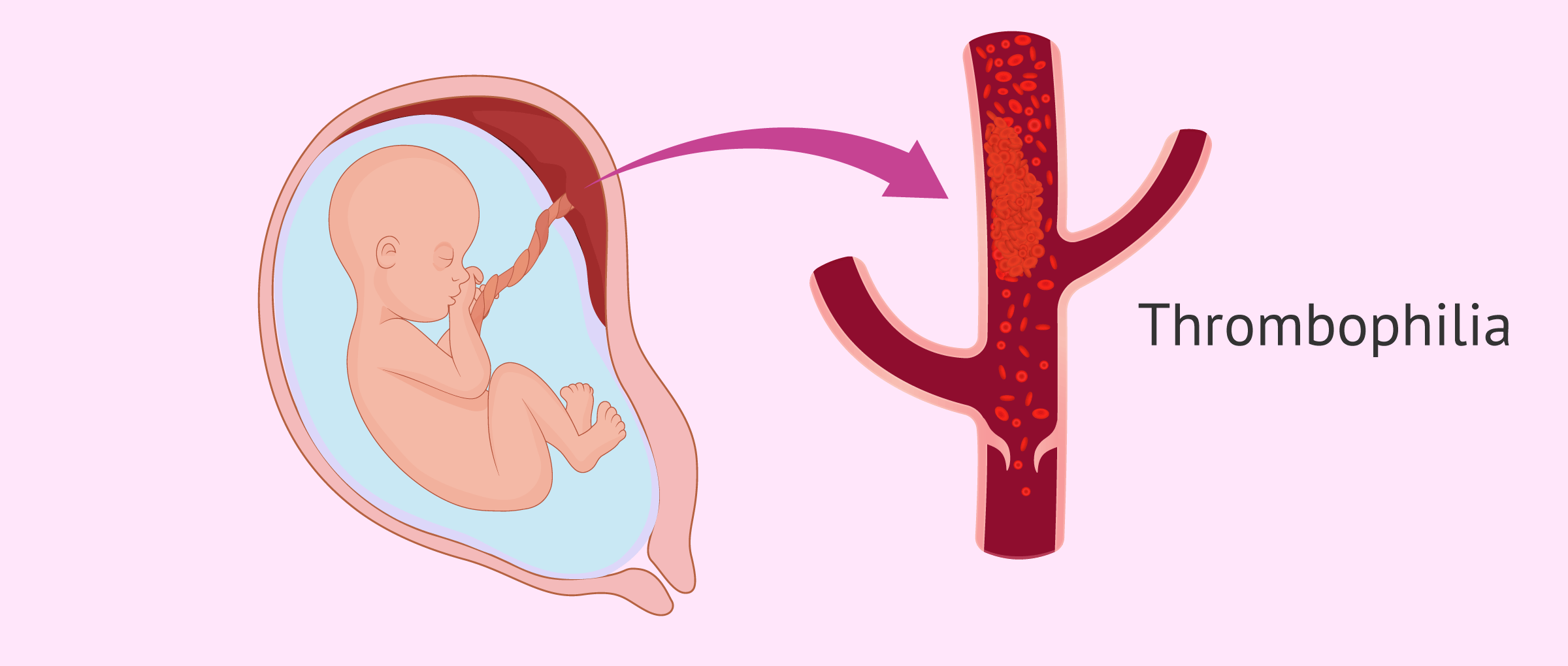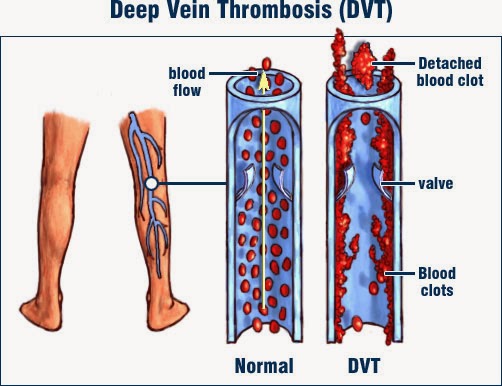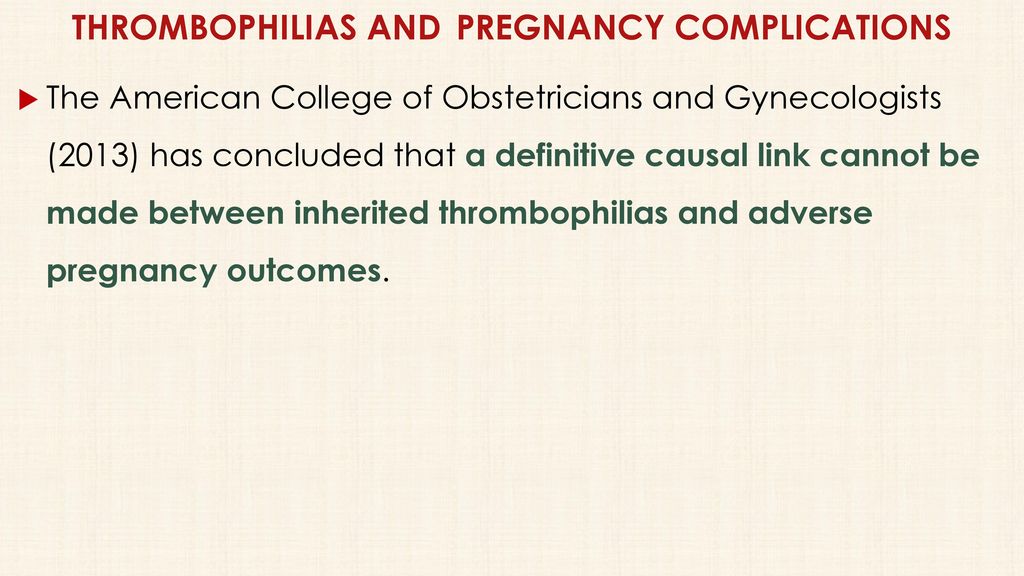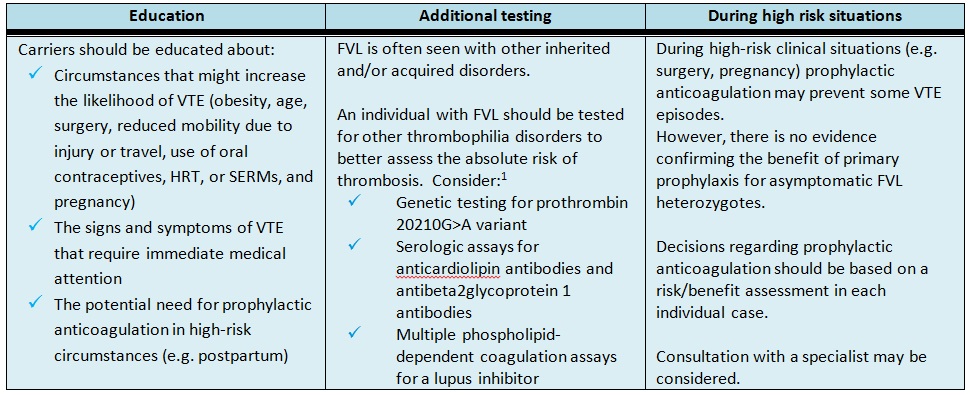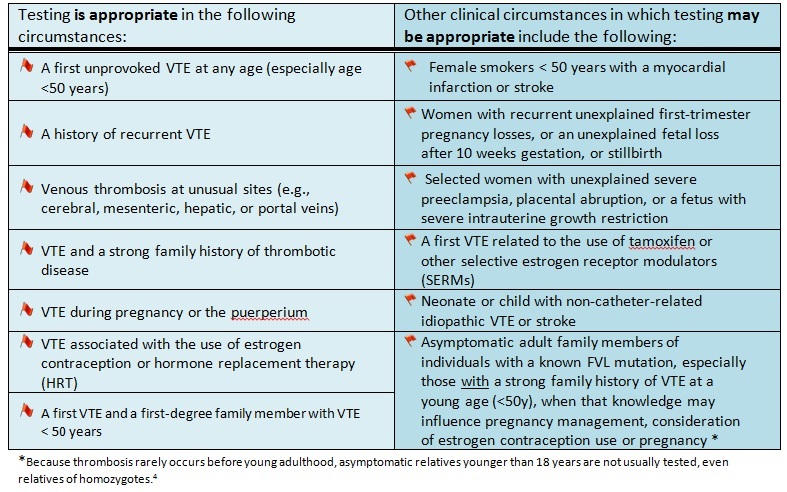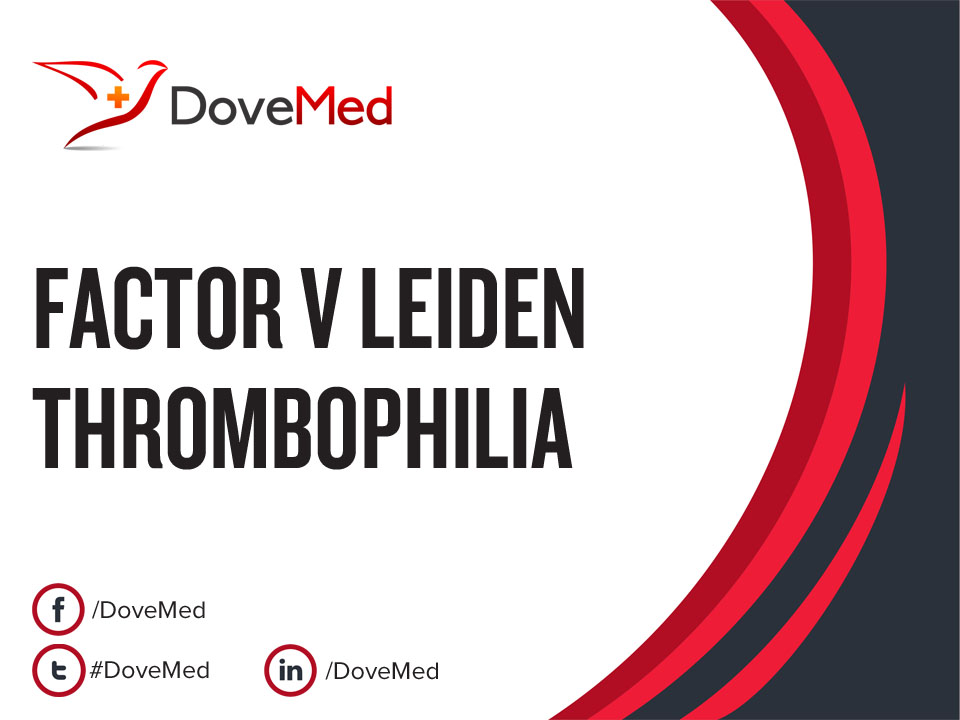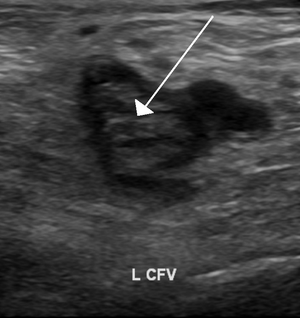Thrombophilia Pregnancy Symptoms

Symptoms of a blood clot are pain tenderness swelling and discoloration usually in an extremity.
Thrombophilia pregnancy symptoms. Thrombophilia is a condition in which there s an imbalance in naturally occurring blood clotting proteins or clotting factors. Inherited and acquired thrombophilias usually have no symptoms unless there is an active blood clot. This can put you at risk of developing blood clots. What to include in the screening panel.
The acog recommendations july 2018 address the different thrombophilias as well as associations with possible adverse pregnancy outcomes. History of illness etc. Low dosage of aspirin is given to prevent blood clots that may cause miscarriage during pregnancy. A significant proportion of the.
Women with antiphospholipid syndrome have an increased risk of complications during pregnancy such as miscarriage stillbirth high blood pressure in pregnancy pre eclampsia and small babies. The pregnancy itself increases the risk of a venous thrombosis this applies to the whole pregnancy and especially to the six weeks after childbirth. Any time a blood clot is suspected you should never rub the area as doing so could dislodge the blood clot if it exists. This is a condition also referred to as hypercoagulability and it means an increased risk for thrombosis.
Pregnancy is a well known hypercoagulable state and inherited thrombophilias can further increase the risk for maternal venous thromboembolism vte. The hemostatic system plays an important role in the success of pregnancy and the process of implantation and placentation. Pregnancy is a hypercoaguable state and if the pregnancy is affected by thrombophilia the hypercoaguable state becomes worse and may impair blood flow through the maternal veins leading to deep vein thrombosis and clots in the placental blood vessels leading to fetal growth restriction and. Some women with certain types of thrombophilia are advised to take low dose aspirin while pregnant to help prevent miscarriage or pregnancy problems.
Pregnancy is a hypercoagulable state and women with thrombophilia are at increased risk for thrombosis during pregnancy and adverse maternal and fetal sequelae. Thrombophilia is the process of abnormal blood coagulation that fairly increases blood clots in the blood vessels. Such abnormalities can be identified in 50 of people who have an episode of thrombosis such as deep vein thrombosis in the leg that was not provoked by other causes.
/what-causes-second-trimester-miscarriages-2371490_final-924d725c102c49a1b4f34d9003f4cef0.png)

